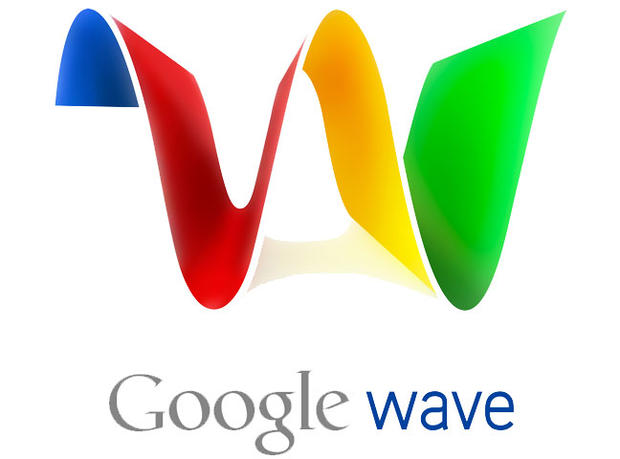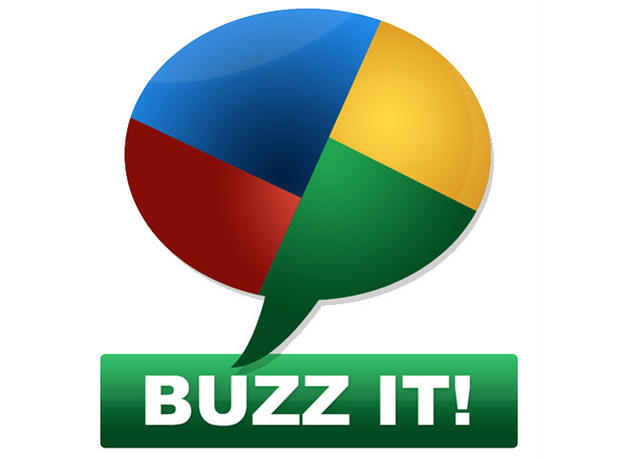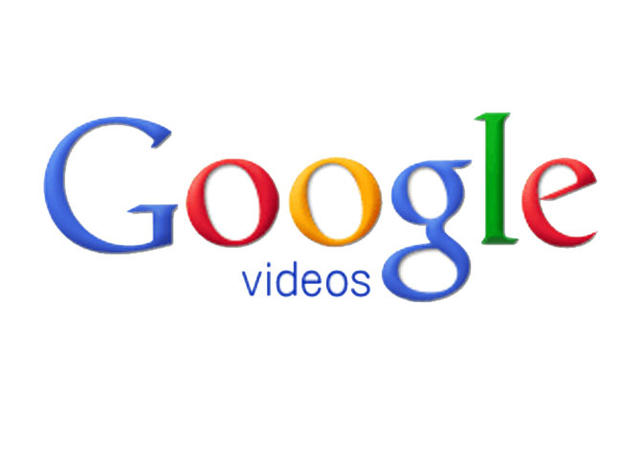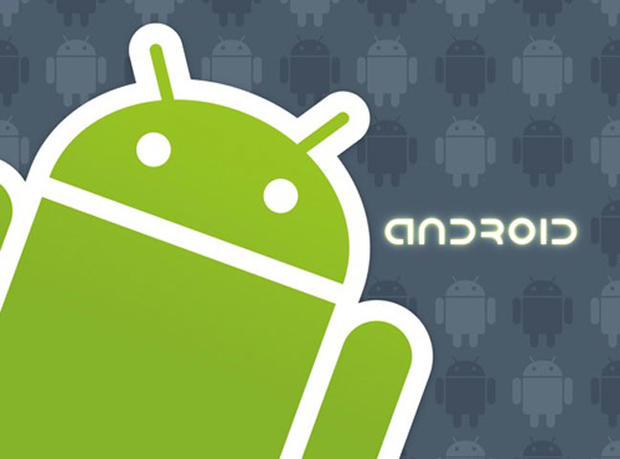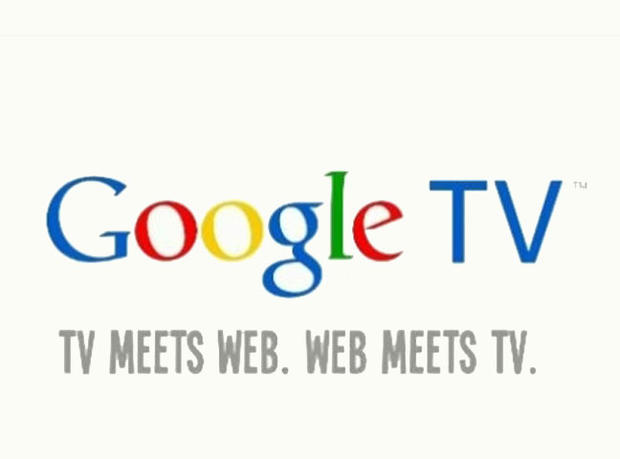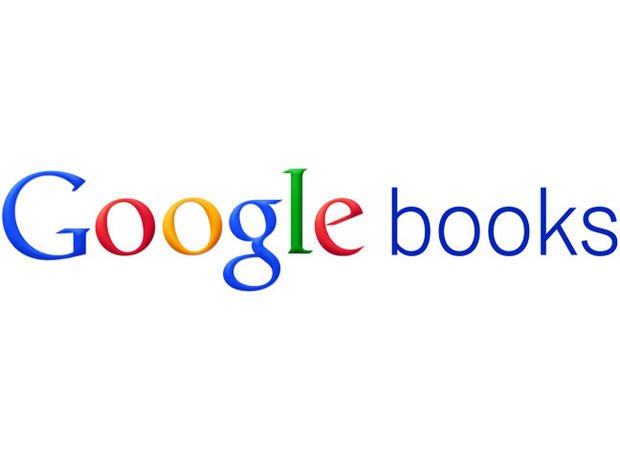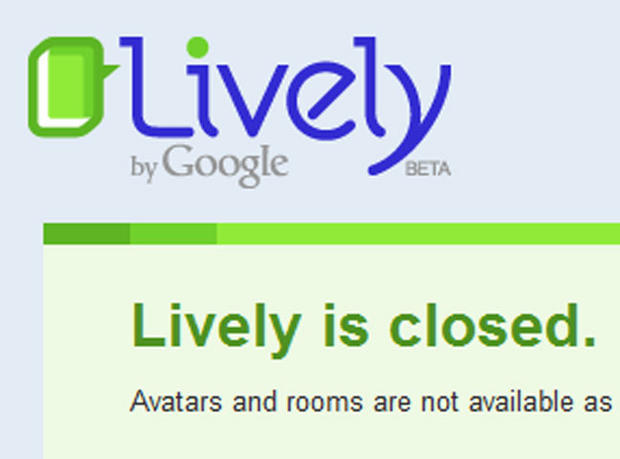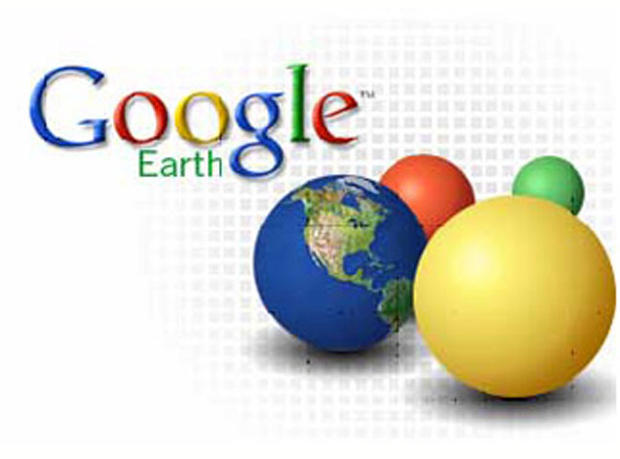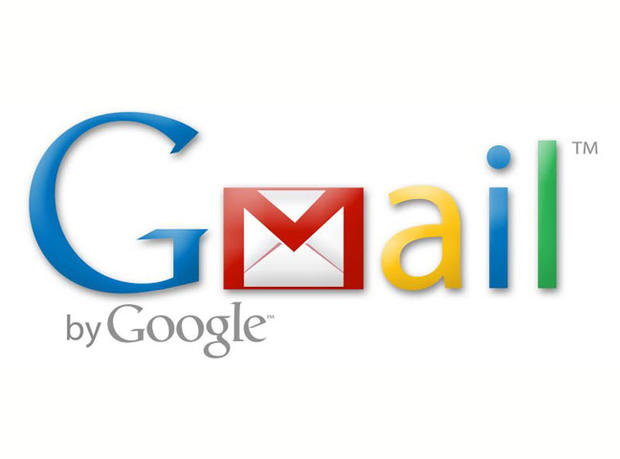Google's epic fails and wins
Google Wave
Upon its inception in 2009, it seemed that every early adopter wanted to ride the Google Wave. Designed to live as a document and function as a real time communication tool using text, photos, videos and maps, the Wave may have been trying to accomplish too much too soon. In a little over a year, the product washed ashore. We give Google Wave a #fail.
Google Buzz
Looking a lot like Twitter copycat, the social networking tool Google Buzz was integrated into Gmail in 2009. Aside from being wrapped up into a nice Gmail package, the product doesn't offer any innovation that Twitter and Facebook doesn't do already. While we appreciate the effort and think it made sense for Google to give lifestreaming the old college try, we're serving Buzz a #fail.
Google Video
Before Google bought YouTube In 2005, the behemoth search engine launched its own video sharing website, Google Video. Four years later, the service discontinued taking uploads and functioned solely as a hosting site. Dwindling down another big notch, Google shut down the entire service, and encouraged users to move their content over to YouTube in April. We give Google Video an unfortunate #fail.
Android
In response to the iPhone, Google's Android operating system burst onto the mobile scene and is now the world's best-selling smartphone platform. With 200,000 Android apps available, Google is hot on heels of Apple's app trail. Hands down, Android gets a big #win from What's Trending.
Google Chrome
Google entered the web browser competition with Google Chrome, which has shown no signs of slowing down since its 2008 launch. It is described by Google as a "browser that combines a minimal design with sophisticated technology to make the web faster, safer, and easier," and a number of tech critics across the Internet agree it does precisely that. This piece of Chrome is proving to be web gold, and we give it a #win.
Google TV
There's no question that television is changing because of the Internet. With that in mind, Google unveiled Google TV last year with the goal of providing a platform for viewers to play and watch online content on their TV, along with regular television programming. With little traction to claim, we were close to giving Google TV a #fail. However today, Google announced that that Google TV devices will now be available via Android apps. This move could shift the platform in a more positive direction. So, we're letting Google TV #float for now.
Google Books
In 2004, Google Books surfaced as Google's answer to the digital library. In partnership with some of the most renowned research libraries in the world, Google Books has scanned more than 15 million documents. While it carries a dignified sentiment in theory, the service has been scrutinized by those concerned about the core values of copyright and international legislation, proving that not even Google is above the law. We're forced to give the online innovator a #fail for this one.
Google Lively
Why not try to create direct competition for Second Life must have been Google's thought process when developing Google Lively, a three-dimensional universe where users interact with one another using animated avatars. This project came and went in a little over four months. While it looked like a colorful effort, Google gets another #fail.
Google Earth
It lets you view satellite imagery, 3-D buildings, rugged terrains, oceans and more. What's there not to love about Google Earth? Described as a service that delivers the "world's geographic location at your fingertips," Google Earth does just that. To top off its social innovation, Google Earth is being leveraged for social change initiatives, such as George Clooney's Satellite Sentinel Project, which tracked military movement in Sudan. We give Google Earth an absolute #win.
Gmail
In 2004, Google launched its free webmail service, Gmail, and never looked back. Supported by advertising as a basic component of larger Google accounts, Gmail was the springboard for other features, such as Google Calendar, Google Doc, and Google Groups, which are all widely used. We give Gmail a big #win.

